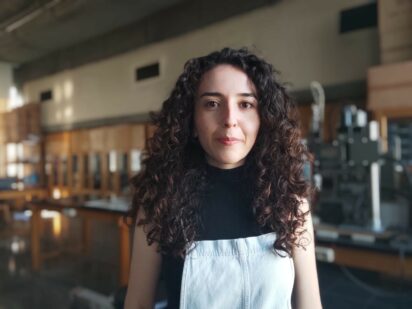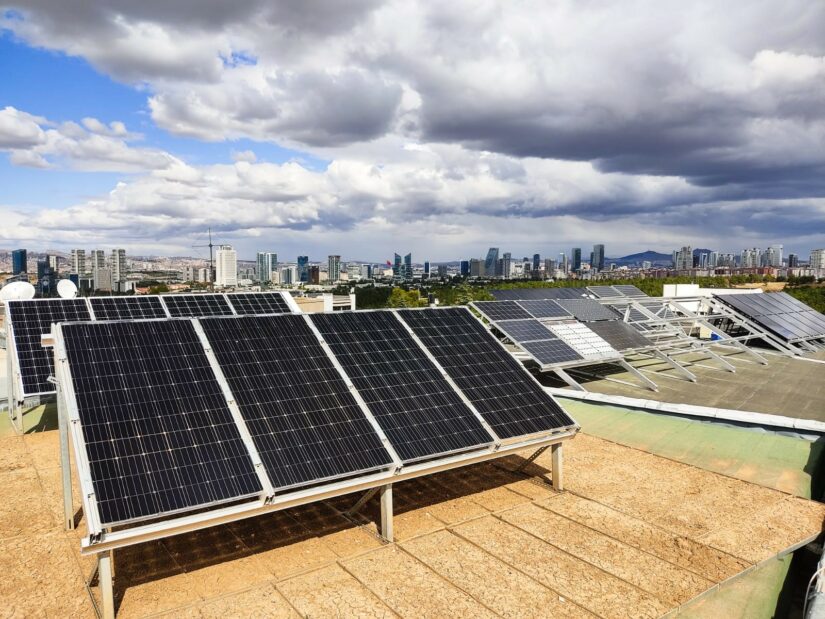
In this part of our series Co-benefits Stories, Beyza Durusoy explains how renewables can boost a sustainable future in Turkey. For this series, we have asked energy professionals that have participated in our trainings for their thoughts and experiences on co-benefits of renewable energy in their country.
“As a Ph.D. fellow who works in solar energy research and seeks a sustainable future, I desperately acknowledged that the only way to convince decision makers would be through economic benefits. In developing countries, like Turkey, taking a step in renewables is significant. Installations of renewable plants will not only result in economic growth but also create employment. As of August 2020, the unemployment rate is 14.9%, and that excludes people who work in unrelated fields rather than their majors. Considering Turkey’s growing population, this rate (and the energy demand) will grow even further unless we take a step in renewables’ production process. According to progressive scenarios for additional capacity installations, labour demand will increase to 100,000 people. Thus, new industrial development and trade opportunities with renewable energy are most likely to create job opportunities and future skills. Moreover, investing in renewable energy research and production will reduce the imports of conventional fuels and components of renewable plants (e.g., the annual imports for PV inverter is approximately $80 million). I believe that sustainable economic growth can only be achieved by energy independence, and to make that happen, we need to rely on renewables.”

Based on insights of the COBENEFITS research group, the Renewables Academy (RENAC) currently conducts trainings in Turkey, Kenya, South Africa and Mexico. Participants learn about co-benefits of renewable energy in climate change mitigation, tools to quantify and communicate social and economic opportunities and policies and instruments to mobilise them.